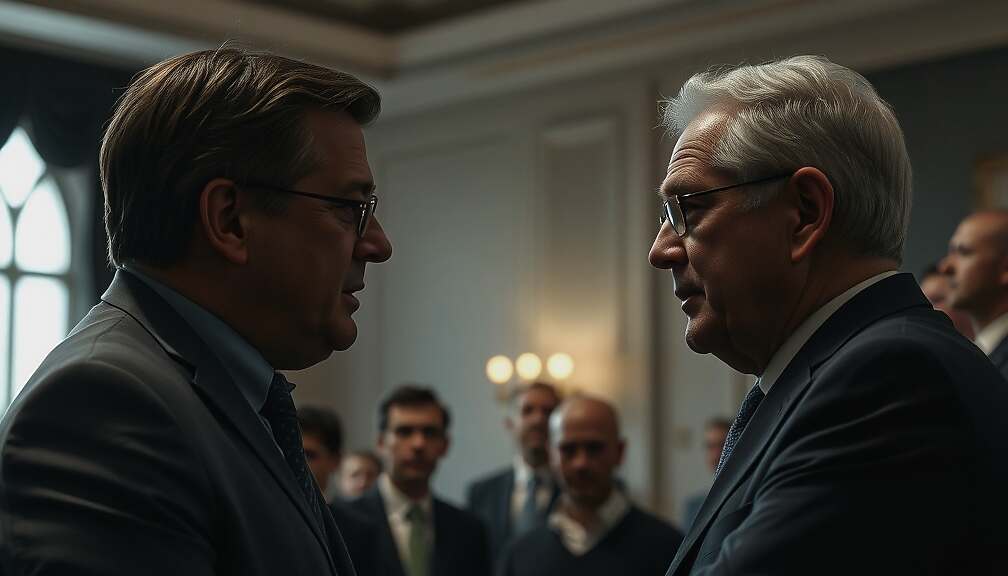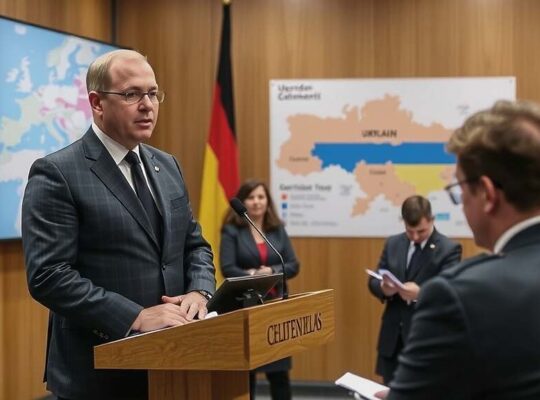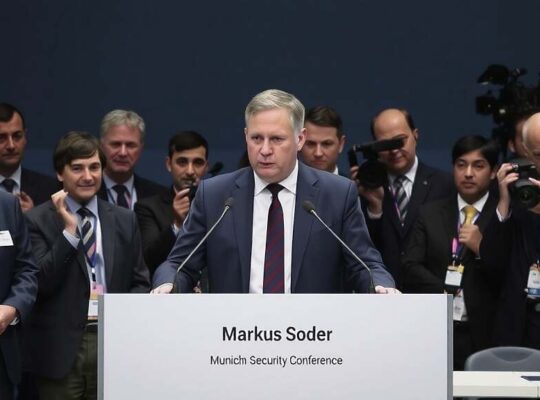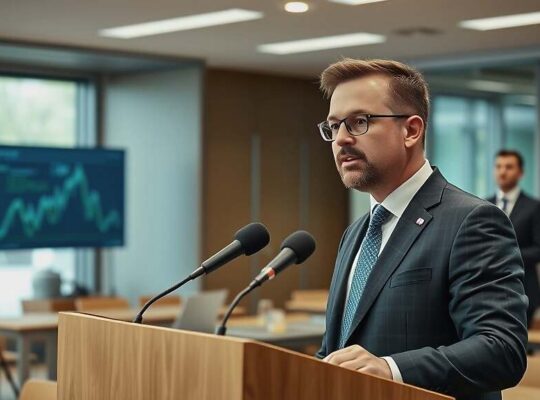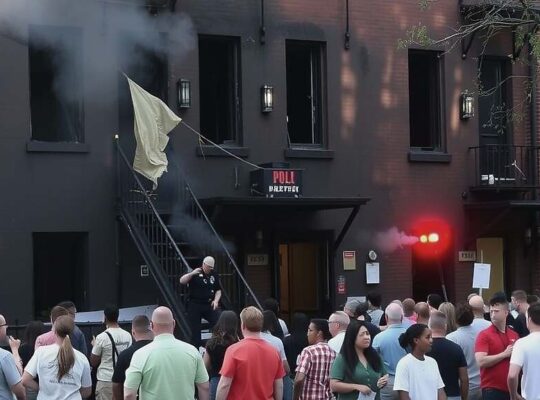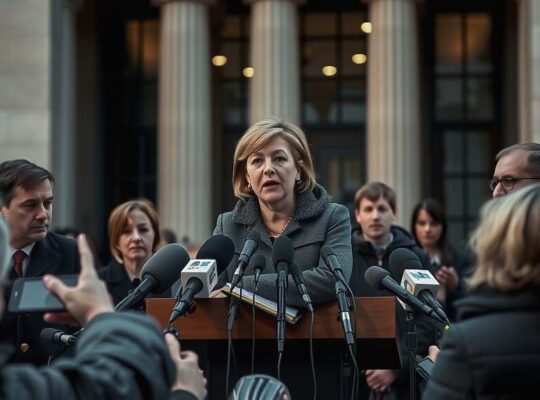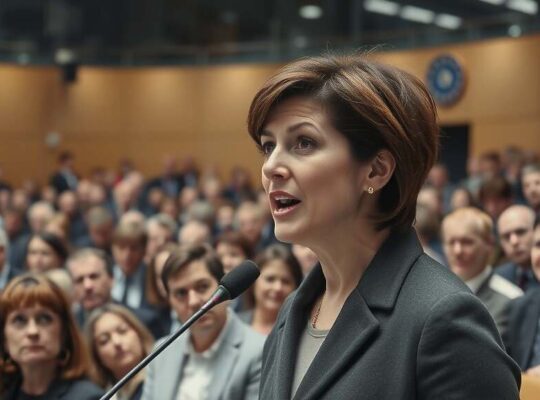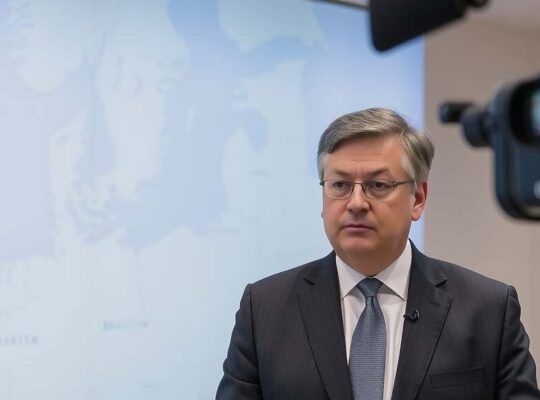A prominent voice within the German political landscape is questioning the immediate attribution of blame to Russia for recent incidents impacting the country. Sahra Wagenknecht, leader of the “Bundnis Sahra Wagenknecht” (BSW) party, has challenged the tendency to automatically point fingers at Moscow following events such as airspace breaches, drone incursions, GPS disruptions, arson attacks and damage to underwater cables.
In a recent newsletter addressed to her supporters, Wagenknecht expressed skepticism regarding the often-rapid conclusions drawn by both the German government and mainstream media. She highlighted instances where initial accusations lacked supporting evidence and were later refuted, yet the narrative shifted to avoid further scrutiny. This, she argues, cultivates a public perception that Russia is actively engaged in conflict against Germany, fueling calls for increased military spending and societal adjustments to prepare for war.
Wagenknecht’s commentary also advocates for a re-evaluation of Germany’s energy policy, suggesting the possibility of accessing affordable energy from Russia as an alternative to self-imposed sanctions. Simultaneously, she champions diplomatic engagement and de-escalation strategies over escalating military build-up and associated social welfare cuts. The BSW leader’s remarks are likely to contribute to ongoing debate surrounding Germany’s foreign policy and security strategy.


